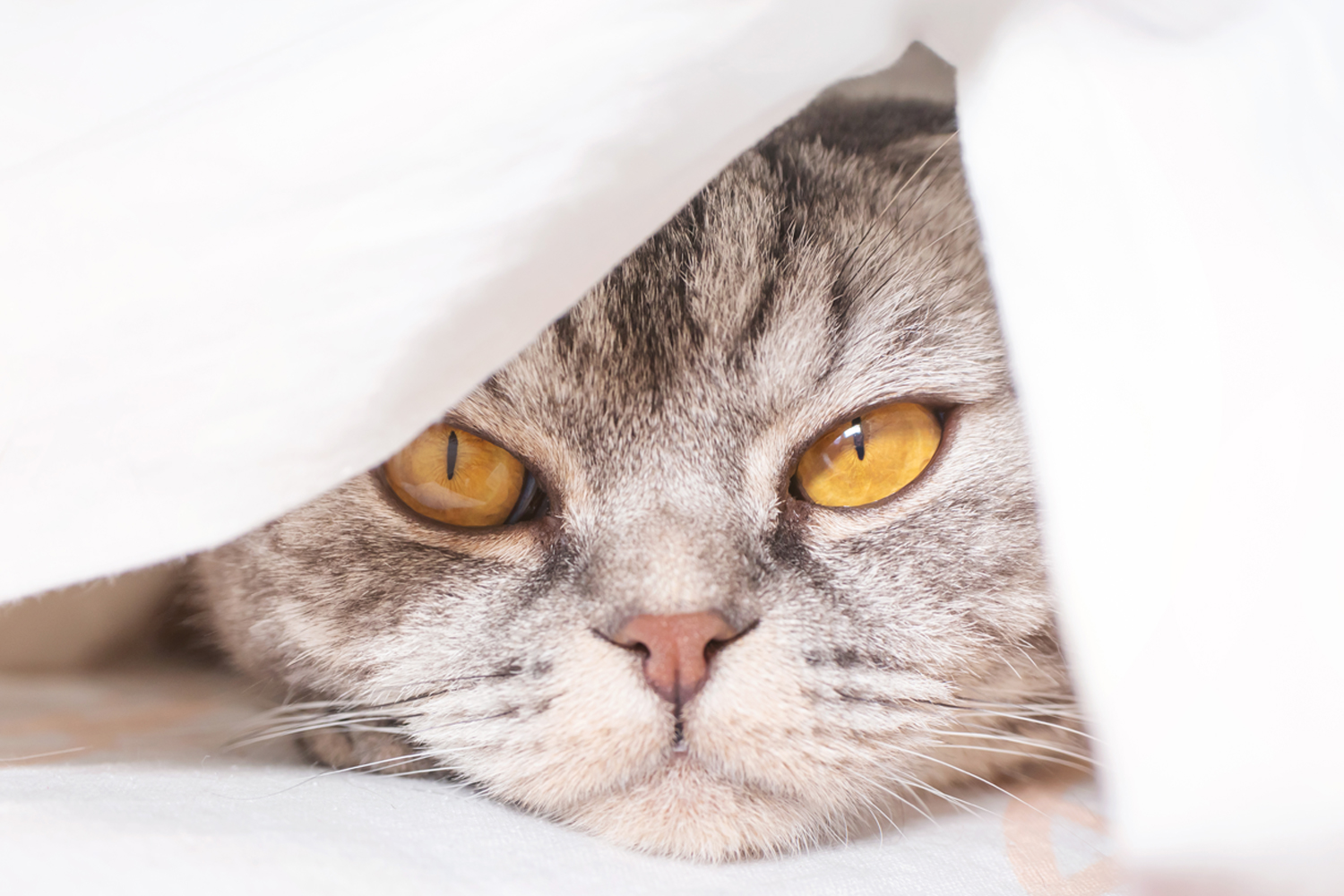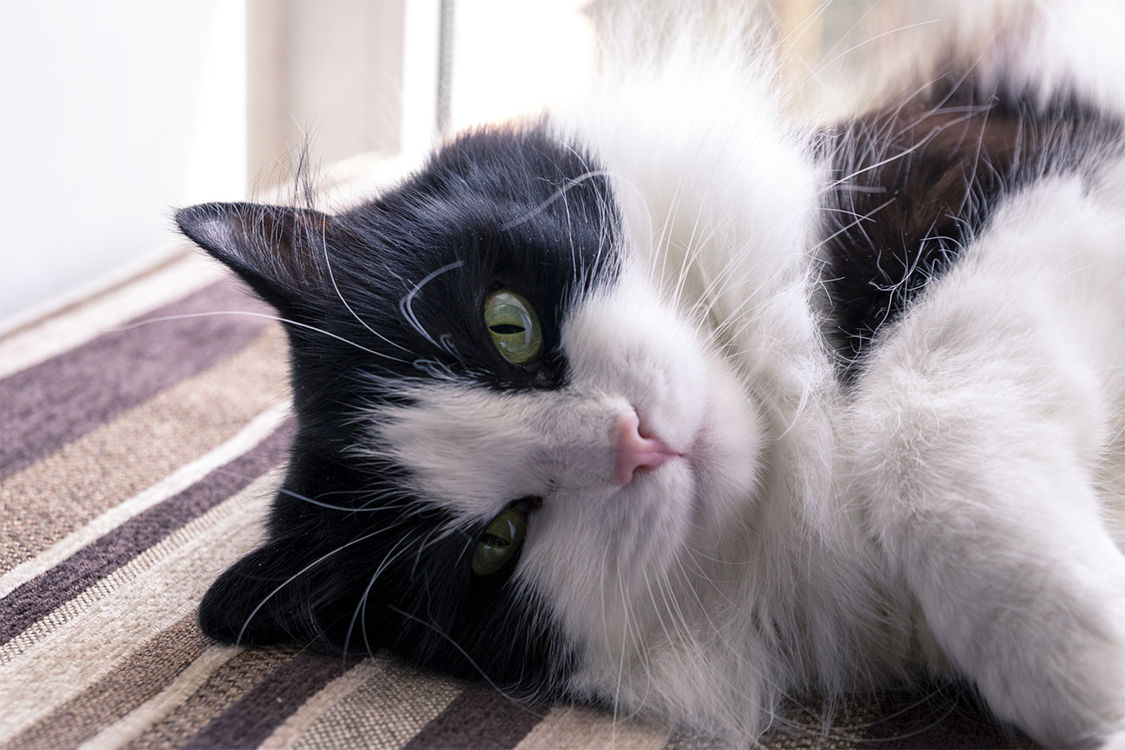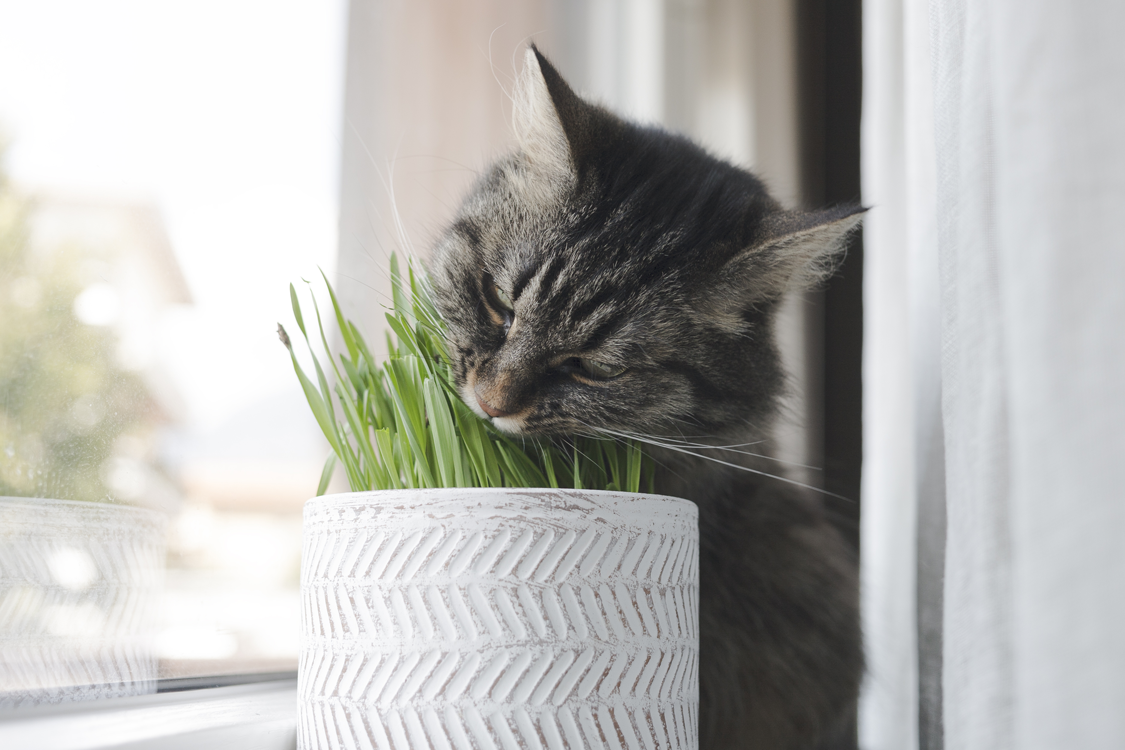
Why is my cat eating grass? And other mysterious cat behaviours
Often we hear questions from cat owners like ‘why is my cat eating grass’. Our feline friends can show behaviours that seem strange to us. Even If you have lived with cats for years, your fur baby may suddenly start acting in unexpected ways.
After more than 10 years of working with your cats, the team at Arlington Cattery are trained to read their behaviours. In some instances, you might interpret an odd behaviour as them ‘acting up’ but this could be far from the truth.
It is important to understand your feline friends so that you can do more to help make them feel comfortable and content. Here we hope to unravel some of the more common mysterious behaviours that cats exhibit by answering your frequently asked questions.
Why is my cat eating grass?
Cats are hardened carnivores so it may seem strange to see your cat munching on a bit of grass. Researchers are yet to agree on a reason why cats feel compelled to eat the green stuff.
The most accepted theory is that eating grass can help your cat’s digestive system. Grass juice contains folic acid which is a vitamin that aids digestion. It is also believed that grass can help break down other things in your cat’s tummy such as hairballs, by acting as a natural laxative and relieving constipation.
You may wonder why is my cat eating grass if they end up vomiting it back up. This could be done on purpose by your feline to help clear their digestive tract. Eating grass in moderation is not toxic to your cat.
Why do cats purr?
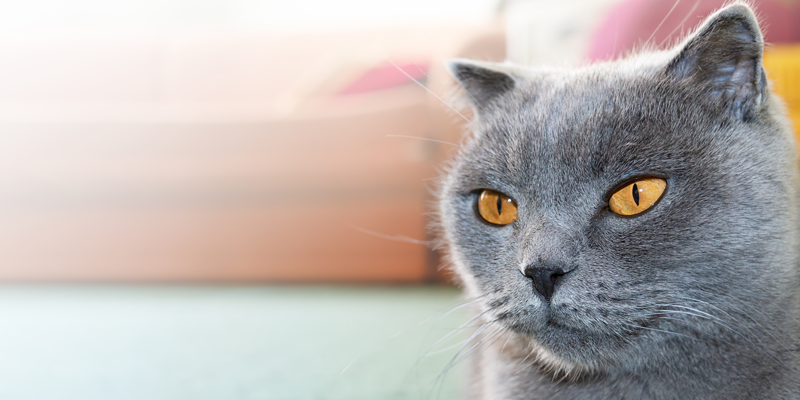
One of the oldest cat mysteries is why they purr. Again, this is not something that has a clear answer. But there are a few theories…
Mostly, purring is associated with a happy mood. If your cat purrs when you are stroking them, they are probable feeling happy and sociable. It can also mean that they are feeling nervous, depending on the situation.
Cats begin purring when they are young kittens. It is how they let mum cat know where they are. Because of this, it is believed that adult cats purr as a way to soothe themselves and relieve stress.
Why do cats knead?
When your cat is sitting on your lap, you may notice them alternating their paws against you. This can seem strange, especially as some cats use their claws too – ouch!
Please know that your cat is not trying to hurt you or push you away, but they are showing you affection. Kittens knead their mother’s belly to get more milk when they are feeding. If your feline friend is kneading your lap, it means that they have as strong a connection with you as they did with their mother.
Why do cats like boxes?
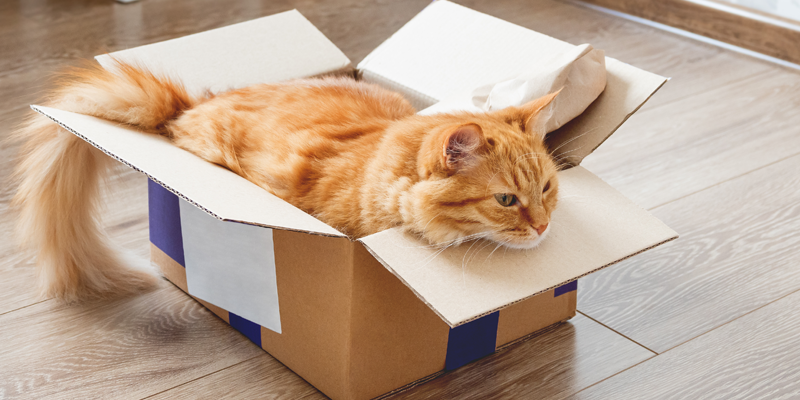
Cats are ambush predators by nature. They enjoy confined places where they can hide and hunt prey whilst keeping safe from predators. Boxes offer the perfect place for cats to look out from, as nothing can sneak up on them.
You may notice that your cat hides in a box as a reaction to stressful situations. Boxes offer a private safe zone where your cat can hide. Plus, they are great insulators, helping to keep your kitties nice and snug.
What foods can my cat not eat?
When your cat is begging you for food whilst you are eating or cooking, it can be tempting to feed them human food. Unfortunately, there are some foods that can be toxic to cats – some of which may surprise you.
Foods that you should avoid feeding your cat include dairy (yes, that includes milk!), chocolate, grapes, raisins, nuts and caffeinated drinks. Feeding these to your cat can cause diarrhoea, vomiting and even seizures.
Please check with your veterinarian if you are unsure and keep toxic foods locked away well out of their reach.
Are cats nocturnal?
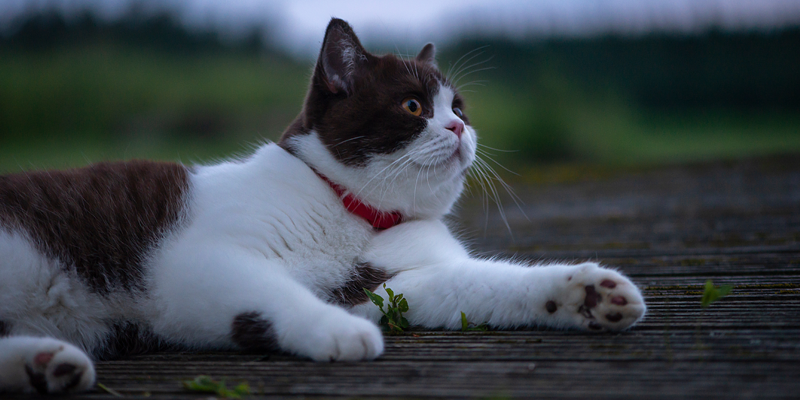
While it may seem like cats sleep all day and run around all night, felines are not nocturnal. Cats are actually crepuscular, which means their most active hours are at dusk and dawn.
Their basic instinct is to take advantage of the darkness to hunt their prey. At dawn and dusk, there is just enough light to see but dark enough to creep up on unsuspecting victims. Unfortunately, this might mean that they wake you up at unwelcome times.
Why does my cat wake me up in the morning?
Cats are creatures of habit. It is likely that your cat once woke you up before and you fed them or gave them attention. This is when they learnt that waking you up in the morning could lead to feeding or cuddle time.
The best way to stop your feline friend from waking you up in the morning is to distract them with something other than you. You could try a few different things such as training, having an automatic feeder or tiring your cat out with play before bedtime.
Why do cats thump their tails when lying down?
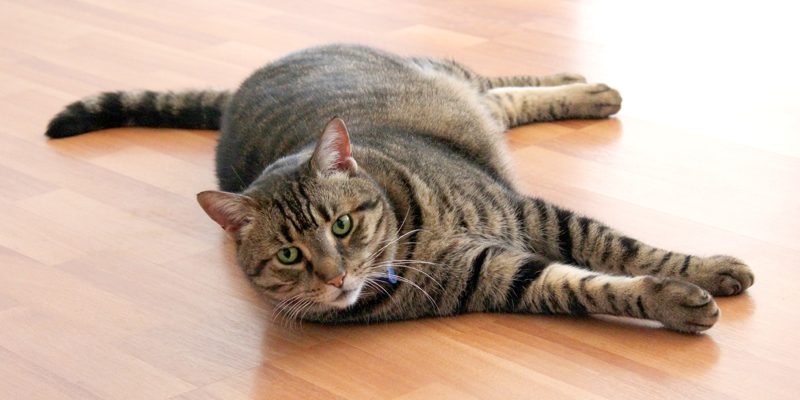
If your cat is thumping their tail on the ground when lying down, it could mean that they are frustrated. A thumping tail is thought to be a sign of annoyance or excitement from overstimulation.
When your feline is acting in this way it is probably best to give them some time to themselves. Once they relax again you should notice that the thumping lessens.
Be aware that a thumping tail when lying down could also indicate pain, especially if it is coupled with uncharacteristic aggression.
Are cats loyal?
In comparison to their canine counterparts, cats are given the stereotype that they are dismissive and unaffectionate towards their owners. While cats certainly are independent creatures, they still love their owners.
As you provide shelter, food and affection to your cat, your relationship with your feline will become one of mutual appreciation. Cats show their trust in several ways including showing their belly to you or sleeping on your lap.
Can cats feel anxiety?
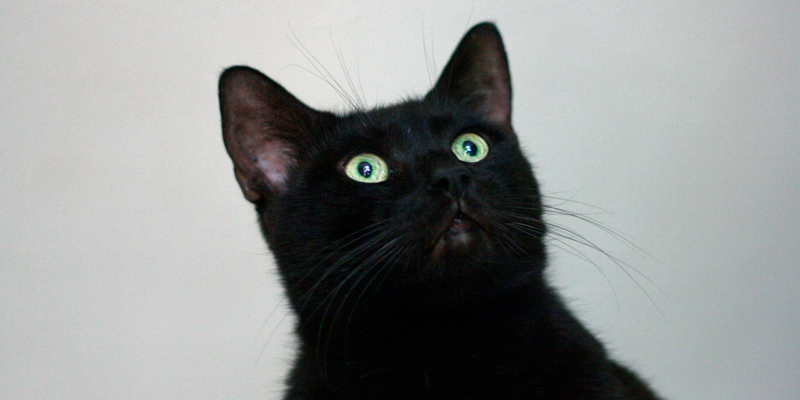
Unfortunately, cats can feel anxiety as humans do. Many things can trigger stress in a cat including separation from their owner, loud noises or not having access to the things they need.
While cats are good at hiding their emotions, there are some tell-tale signs you can pick up from an anxious cat. Things like a loss of appetite, peeing where they should not be and behaving aggressively are all indications that something is not right.
Understanding your cat’s mysterious behaviours
Arlington Cattery has cared for cats for over 10 years. Over the years, we have picked up on the odd behaviours that our feline friends can show. Often these are just instinctual behaviours and nothing to worry about.
Please get in touch with the team if you have any questions about cat behaviour or the cattery specifically. If you are ready to make a booking, call 01323 846 454.
If you are worried about your cat showing any out of the ordinary behaviours, please contact your vet in the first instance.


